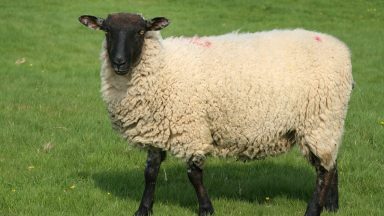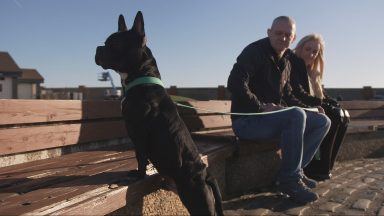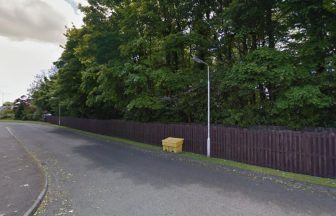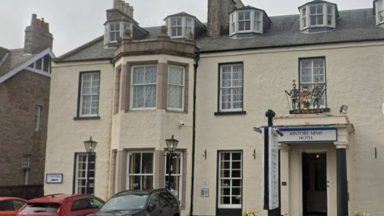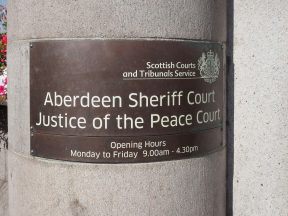Hopes a ministerial intervention might help address the urban gull nuisance in Elgin and other towns have been dashed.
Moray Council wrote to the Scottish Government in September seeking a change in legislation to address the problem.
But Minister for Agriculture and Connectivity Jim Fairlie has rejected any variation to the licence needed to remove nests and eggs.
 LDRS
LDRSWhile appreciating concerns, in his response, Fairlie said licensing is not a “long-term solution” to increasing urban gull populations.
Businesses and individuals have a responsibility to “play their part” in reducing numbers by securing refuse bags and not feeding the birds.
Elgin North councillor Sandy Keith proposed seeking ministerial assistance to ease tight licensing rules, which received unanimous backing.
But Keith said the minister’s response was “bitterly disappointing”.
He added that NatureScot—the organisation responsible for issuing licences—seemed to be a “bureaucracy beyond control.”
In addition to the noise and mess, gulls regularly steal food from people’s hands, particularly in Elgin town centre.
And there have been many instances where folk have been injured having been dive-bombed by the birds.
Labour councillor Keith said: “This doesn’t take us any further forward in terms of dealing with the gull issues, which is bitterly disappointing.
“When you ask people they want something done about it.
“It just seems as if NatureScot is a bureaucracy beyond control.
“And that’s why we asked the minister to bring some common sense to the issue.
“But by that response, it’s not going to bring that.
“All we can do is keep the pressure up and hope at some point something will change.”
Elgin Common Good Fund spent £26,000 this year and a similar amount the year before on sonic devices that hinder gulls from breeding.
And the council has forked out £100,000 on seagull control measures across Moray.
On top of that businesses have also spent thousands to deter gulls from nesting and reproducing.
It is illegal to harm gulls, which are protected species, and to destroy eggs, chicks, or nests without a licence.
However licences are only usually issued when there is a risk to public health or safety.
A spokesperson for NatureScot said gull populations were in decline.
The organisation is bound by legislation which ensures threatened birds, animals and plants are safeguarded.
They said: “Our role is to balance the conservation of species with public interests such as protecting people from health and safety risks.
“To make sure we get that balance right, it’s vital that our licences take into account the latest science and evidence.
“That’s why we clarified our guidance to ensure applicants were aware that licences can only be issued for reasons of clear public health and safety issues, and where other alternatives are not effective.
“We know that gulls can sometimes cause issues in our towns and cities and that these changes have caused concern for some people.”
The tightening of the rules means property owners or occupiers need to apply for individual licences instead of one covering a designated area.
The Scottish Government has asked NatureScot to carry out a review of its
species licensing functions.
This is to ensure the law is being applied, and that lethal control is licensed correctly.
Follow STV News on WhatsApp
Scan the QR code on your mobile device for all the latest news from around the country


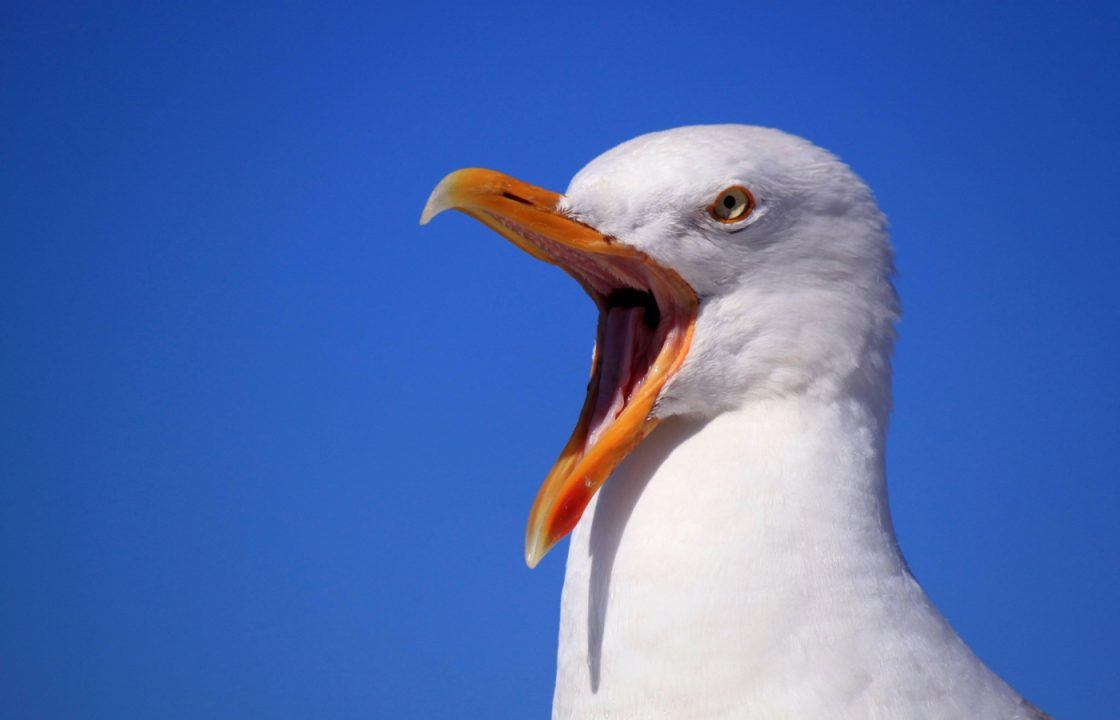 LDRS
LDRS








